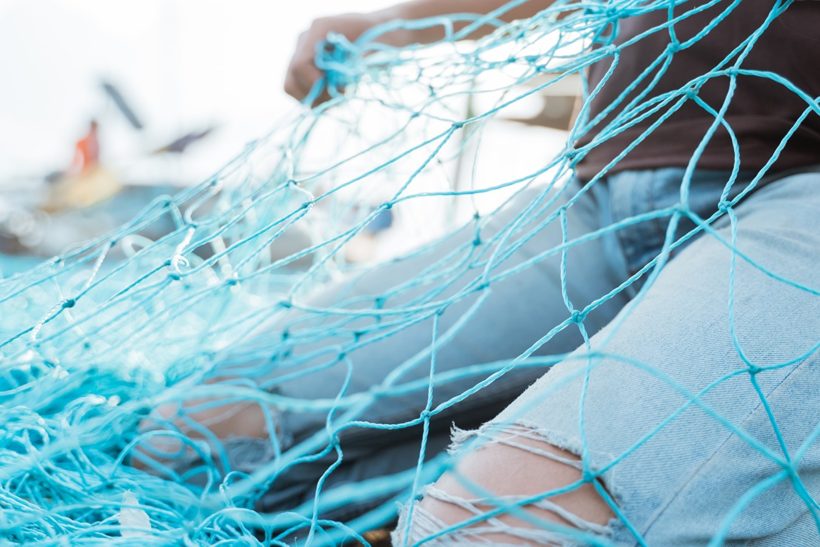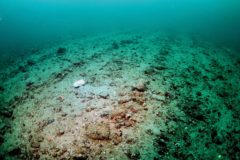As the industry adapts to meet the challenges of a changing climate, it also needs to make the case that it is part of the solution, writes Shetland industry leader John Goodlad
As world leaders gather in Glasgow to discuss climate change and what to do about it, there is a growing realisation that the world has changed. There is now widespread acceptance that we must reach net-zero emissions as soon as possible, or else face the frightening consequences of catastrophic climate change.
The fishing industry is not immune from this debate, as has been illustrated so clearly by the northward migration of the mackerel stock. This has busted apart the fragile international quota agreement, which has in turn resulted in the withdrawal of MSC accreditation. Many believe that this is an early warning sign for other fisheries, as stocks move north in response to warming seas.
As the pressure on all sectors of the economy to decarbonise increases, there is much speculation about what fishing vessels of the future might look like. While hydrogen and electric propulsion options seem far-fetched just now, it is already clear that governments and wider society will demand that the industry moves away from diesel.
The decarbonisation debate has recently been complicated by the claim that trawling prevents the seabed from sequestrating carbon.
The solution, it is argued, is to create large marine parks within which all fishing is banned. The science behind closed areas is at long last being challenged by many within the marine science community, who argue that no-take zones are based on emotion rather than science.
It is, however, far too easy to be complacent, and to think that governments will never buy the closed-area argument and shut down an entire industry. For anyone who believes that public policy will always be based on science and not emotion, have a look at British Columbia. An unrelenting campaign against fish farming eventually persuaded the Canadian prime minister, Justin Trudeau, to ban all sea cage aquaculture. The salmon farmers have been given until 2025 to shut down their operations.
The fact that these Canadian fish farms are certified as sustainable by the Aquaculture Stewardship Council (the fish-farming equivalent of the MSC), and the reality that thousands of well-paid, skilled jobs will be lost in many small coastal communities, have counted for nothing. The Canadian government has bought into the emotional anti-fish-farming narrative, and legislated to ban fish farming. Spurred on by this unexpected success, some of these campaigners have now got the Canadian fishing industry in their sights.
The industry in the UK must be more proactive in setting out the positive case for seafood. While the fishing industry must decarbonise along with the rest of society, the reality is that the carbon footprint of producing seafood (whether wild-caught or farmed) is a fraction of other proteins. On some calculations, the carbon footprint of producing beef is more than 10 times that of fish. Even battery-produced chicken has a carbon footprint that is at least double that of fish.
These facts are well-known to readers of Fishing News, but wider society still seems to regard seafood production as fraught with problems. Explaining to the world that eating fish is part of the solution and not the problem is probably the greatest challenge now facing the seafood industry in this changed world.
For many years the voice of the Shetland fishing industry, John Goodlad now works for a seafood investment fund and chairs Fisheries Innovation Scotland. This article is written in a personal capacity.
This article is from Fishing News’ special feature on industry responses to the climate crisis as part of the COP26 conference in Glasgow. Subscribe to Fishing News here or buy the latest single issue for just £3.30 here.






